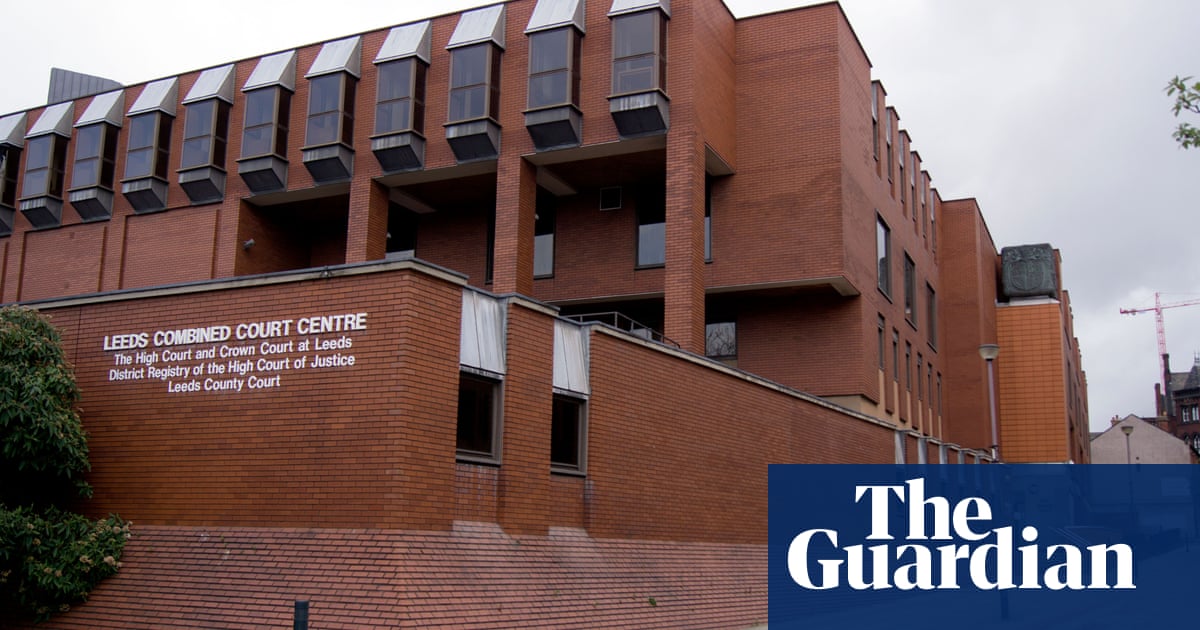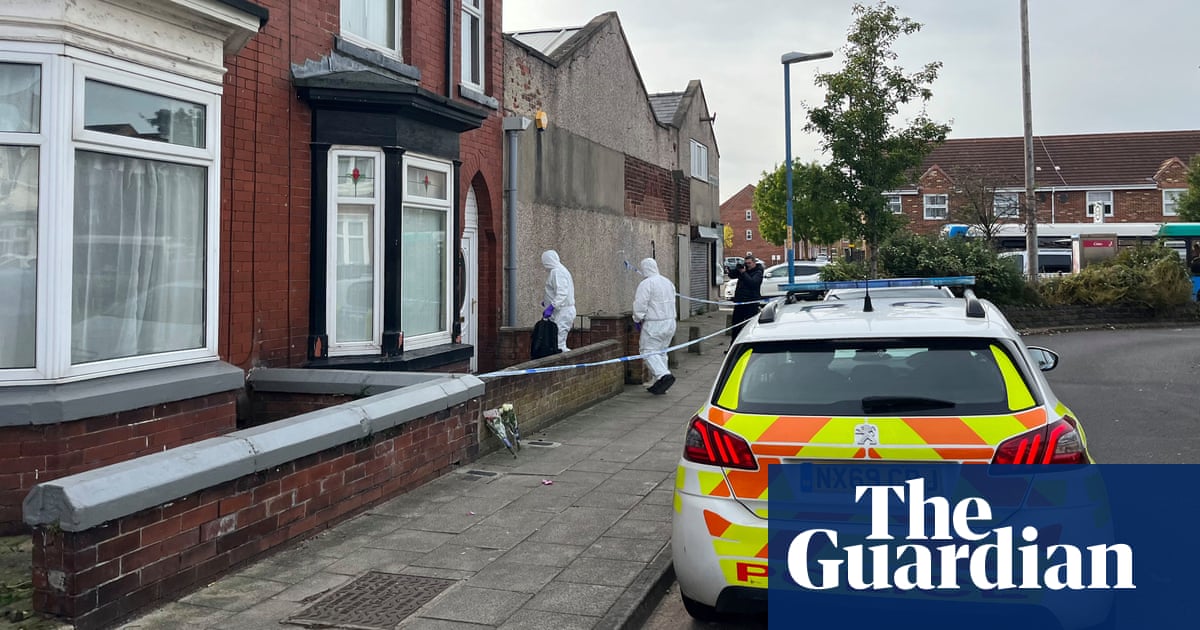
LAHORE: A man accused of shooting Pakistan’s interior minister in a suspected assassination attempt possibly linked to blasphemy appeared in court Monday, with the attack seen as an ominous sign for security ahead of nationwide elections.
Abid Hussain appeared before the anti-terror court in Gujranwala city in Punjab province, where he was remanded into custody for ten days, police official Chaudhry Tariq said.
His appearance came one day after Ahsan Iqbal, 59, was shot in the right arm as he prepared to leave a public meeting in his constituency in Punjab late Sunday.
A man identified by police as Hussain, said to be in his early 20s, was wrestled to the ground by officers and bystanders as he was preparing to fire a second shot.
Police are investigating whether the attack could have had any religious motive.
A local official said that the shooter said he was inspired by a controversy last year in which a small amendment to the oath election candidates must swear had to be hastily reversed after it was linked to blasphemy, a highly inflammatory charge in the deeply conservative Muslim country.
The row sparked a three-week sit-in last November by a previously little-known Islamist group, which paralyzed the capital.
That demonstration ended when the government capitulated to the protesters’ demands — including the ousting of the federal law minister — in a deal brokered by the military.
At the time many Pakistanis and analysts warned that a dangerous precedent had been set in which fringe groups could bend the state to their will by citing blasphemy.
Iqbal, known as a champion for religious minorities, had pushed for a negotiated settlement to the controversy. As part of their investigation police are examining any potential links between Hussain and the Islamist group leading the sit-in.
After the shooting Iqbal was airlifted to Lahore.
Shafqat Waseem Chaudhry, one of the five-member medical team responsible for him, said Monday that he was “stable” but will remain in the intensive care unit for two days.
The attack was swiftly condemned by the international community as Pakistanis voiced fears it represented an attempt to weaken democracy ahead of the federal elections.
The polls are set to be only the second ever democratic transition in the country, and are widely expected to be held late this summer.
Ziauddin Yousafzai, the father of Pakistani Nobel Peace Prize winner Malala Yousafzai, “strongly condemned” the attack, tweeting that it was a “bad omen for upcoming general elections that is supposed to be free, fair and transparent.”
Security analyst Amir Rana said the shooting of the minister nominally in charge of security in a country that has long grappled with militancy was a “serious” development.
“Pakistan claims that the country has returned to normalcy but such attacks continues to happen and these are downplayed,” he said.
The shooting is the latest in a series of blows to hit the PML-N since Prime Minister Nawaz Sharif was ousted by the Supreme Court over graft allegations last summer.
The court banned Sharif from politics for life, while foreign minister Khawaja Asif was also ousted by the Islamabad High Court late last month for violating election laws.
Sharif, who termed Sunday’s shooting an “atrocity,” has repeatedly denied the allegations, suggesting he is victim of a conspiracy driven by Pakistan’s powerful military to reduce the sway of his party.
Iqbal was touted as a potential prime minister when Sharif was ousted last July.
A US-educated lawmaker from a political family long associated with the PML-N, he is considered the brains behind the party’s development agenda and previously headed up the planning ministry.
The attack against him fueled speculation that the election could yet be delayed, though newspaper columnist Cyril Almeida said that was unlikely.
“Barring something catastrophic, like the Benazir assassination which caused the 2008 election to be briefly postponed, it appears elections will be held on time,” he said, referring to the killing of former Prime Minister Benazir Bhutto in late 2007.
Despite the setbacks, the PML-N has won a string of recent by-elections, proving it will likely remain a force in the vote.
Blasphemy can be punishable by death under controversial Pakistani legislation, with even unproven allegations sparking mob lynching and murders.












